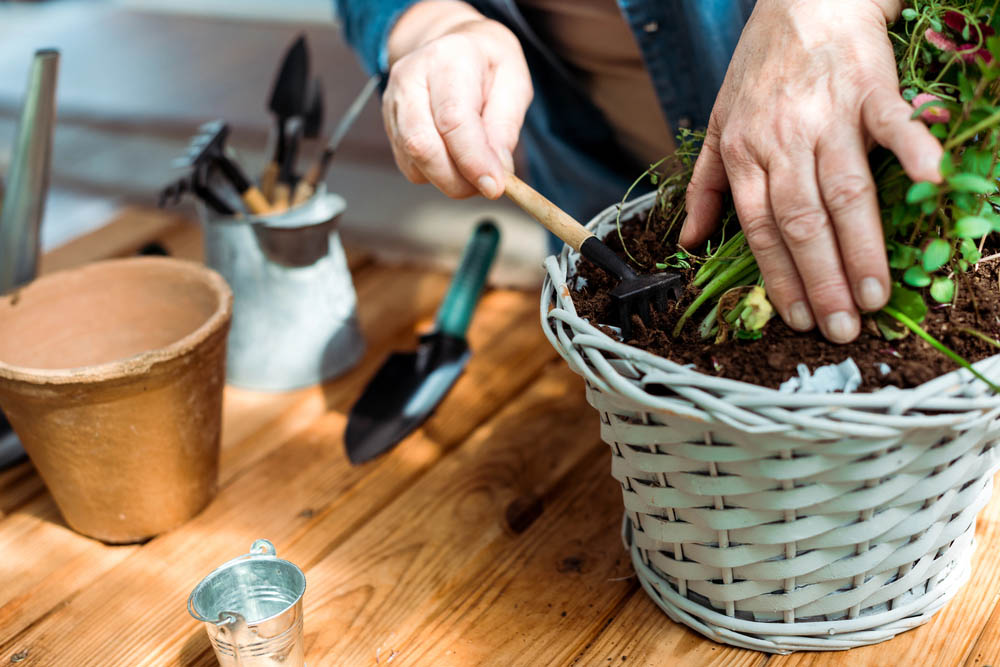A new study found that “horticulture therapy” had an effect size nearly seven times better than “usual care” at reducing depression in older adults in long-term care (LTC) settings. The second-best treatment, cognitive behavioral therapy (CBT), had an effect size twice as good as usual care. On the other hand, treatment with antidepressant drugs led to worse outcomes than usual care.
The most effective treatments (in order of efficacy) were gardening, CBT, animal therapy, group reminiscence, multicomponent, exercise, and socialization interventions.
The least effective treatments—all worse than usual care—were discontinuing antidepressants to initiate placebo, placebo, pain management, and antidepressant drugs.
“Many nonpharmacologic treatments for depression in residents of LTC have been studied and are found to be efficacious,” the researchers write. They add, “The low-risk and cost-effective nature of many of the nonpharmacologic interventions makes them ideal for use in LTC.”
The research, a systematic review and network meta-analysis, was led by Canadian researchers Kayla Atchison at the University of Calgary and Peter M. Hoang at the University of Toronto. It was published in The Journal of the Post-Acute and Long-Term Care Medical Association (JAMDA).













It is an unwieldy study and focused on long term care facilities with out hospice? I have never seen a long term care facility use or have an Horticultural Therapist. There was a community mental health agency that did have a program. There also have been the farms and stores approach. Most LTF are in urban areas or even in suburbs or rural areas without much access to outside. Much less a garden or greenhouse. And if the garden is there it is almost ignored by the staff and residents. There is a book written long ago called Tender Loving Greed still relevant.
In my areas LTCF taking on the role of asylums. And the issue of Medicaid comes up because Medicare only pays for skilled care for about 90 days. The beginnings of nursing homes and funding through Medicaid abd Medicare would be worth researching.
Report comment
I used to do home health- they use the elderly for profit $. They do NOT care about their health.
Report comment
CBT was the second most effective? According to Dr. Oliver James, CBT is “largely ineffective for the majority of patients.” https://totalmentalhealth.info/how-well-does-psychotherapy-work-mental-health-workers-tell-the-truth/
Report comment
Why is the recommendation to test other antidepressants? “Garden therapy” was clearly far and above the best “treatment,” and antidepressants were no better than nothing at all. Should the recommendation not be to get those elderly folks gardening and stop using antidepressants, which don’t help depression but worsen physical health?
Report comment
Forest bathing or forest therapy might be good, too. There’s apparently something therapeutic about rubbing elbows with nature.
Report comment
I have just visited someone I used to help with his psychosis and was pleased to hear that the “occupational therapy team” and got him his own allotment and he was now growing his own carrots. I have always thought there’s a deep primeval connection between seed, growing, nurturing and caring for the plant, and the enjoyment of eating it. This process is innately healing, deeply satisfying.
Report comment